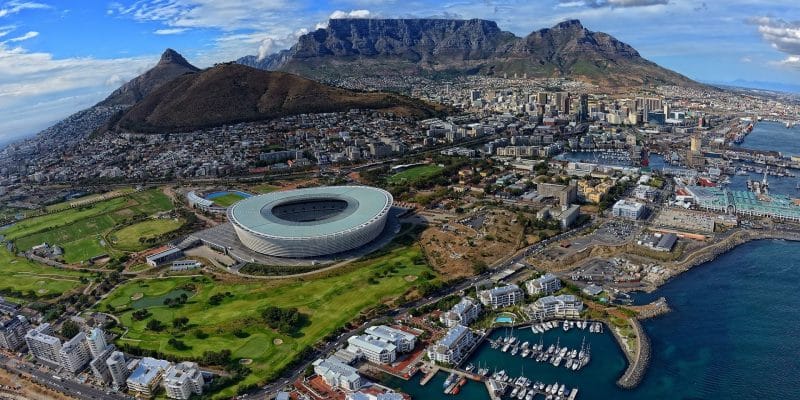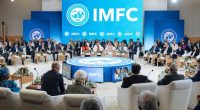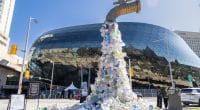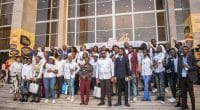Despite its title as the country with the most African fortunes on its soil, South Africa is having a hard time of it with an energy crisis, climate vulnerability and unemployment approaching 35%. Faced with this situation, which is undermining its position as the continent's third largest economy, the African Development Bank (AfDB) is proposing a $1.4 billion plan to the South African authorities to accelerate sustainable development between 2023 and 2028.
South Africa is in convalescence. Its economy, usually among the strongest on the African continent, has shrunk in recent years, with gross domestic product (GDP) falling from 419 billion dollars in 2021 to 405 billion dollars in 2022. Among the causes of this recession are the spectacular floods in the port city of Durban, which have officially claimed 450 lives and caused 600 million dollars worth of material damage. Added to this is the energy crisis (12 hours of power cuts per day in July 2023, editor’s note) due to the failures of the state-owned company Eskom and the war in Ukraine.
These obscure events have only slowed down the implementation of the 17 Sustainable Development Goals (SDGs) in the rainbow nation. It is against this backdrop that the African Development Bank (AfDB) has just approved its Country Strategy Paper (CSP) for the period 2023-2028. Over five years, it will invest $1.4 billion to work towards “improved governance and private sector development” in South Africa.
Decarbonisation through the promotion of green energy and rail freight
“The aim is to support efforts to stimulate inclusive growth and create decent jobs. This will help to improve skills and increase resilience to external and climatic shocks. The support envisaged will also help to reduce costs, by helping the country to overcome regulatory obstacles for businesses”, says the AfDB.
Among the sectors concerned by future infrastructure are clean energy (MDG7), with the private sector increasing production to 1 GW by 2028. This competitiveness will also involve eco-responsible trade, with work announced for the construction of 38 kilometres of train tunnels to be used for rail freight.
Democratising the financing of social inclusion in the face of climate change
The AfDB’s five-year document also focuses on gender equality (MDG5), which is not yet at the highest level in Nelson Mandela’s country, and which indirectly impacts on sustainable growth. Women are often on the front line when it comes to natural disasters and the scarcity of resources (water, electricity) needed to run households. To this end, the AfDB indicates that 210 new small and medium-sized enterprises (SMEs) “owned by women will have access to financing before 2028. This will give them easy access to basic services”, says the financial institution based in Abidjan, Ivory Coast.
Read also- SOUTH AFRICA: eight towns targeted by Coca-Cola’s « Clear Rivers » initiative
The South African government deals with other development partners, but more so with the AfDB. It is currently investing $86.7 million in the second phase of the Lesotho Highlands Water Project (LHWP), which is focused on MDG6. The project is expected to increase the supply of water for drinking and agriculture in this country of 60 million people to 1,260 million m3 per year.
Benoit-Ivan Wansi




